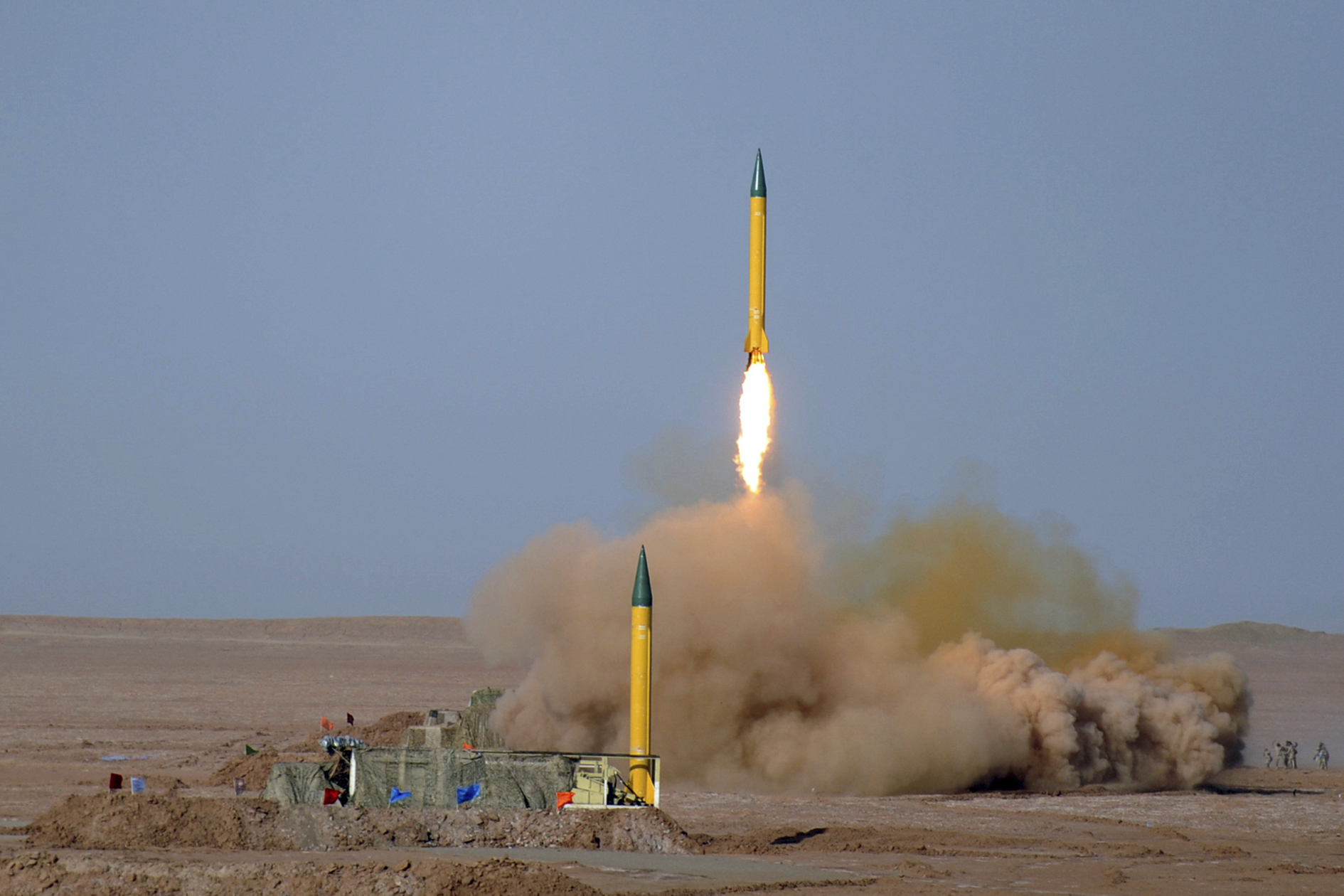
Gibraltar Eagle, the vessel in question, reported "no injuries or significant damage," according to the United States military command for the Middle East (Centcom). Despite the damage, the Marshall Islands-flagged vessel is continuing its journey through the Gulf of Aden.
The Iranian Revolutionary Guard (IRG) is claiming responsibility for the attack, which is a clear escalation of the situation in the Middle East and a spillover from the conflict in Gaza.
Iranian-aligned armed groups continue to blame the U.S. for the ongoing conflict, which stems from the U.S.'s unconditional support for Israel, including in its war on Gaza.
The IRG and other Iranian-aligned armed groups not only want all support for Israel to stop, they also want all foreign troops to leave Iraq, including coalition and U.S. troops.
(Related: Check out the top 10 politicians who are accepting blood money from Israel to unconditionally support the Jewish state.)
Global commerce sees major disruption due to Middle East crisis
At the time when it was struck by a Houthi missile, Gibraltar Eagle was carrying steel products. Shipping company Eagle Bulk Shipping said the vessel was located about 100 miles offshore in the Gulf of Aden when it was hit.
The container "suffered limited damage to a cargo hold but is stable and is heading out of the area," reports indicate.
Hours before the attack, Centcom announced that another missile was fired in the direction of a U.S. destroyer in the Red Sea, but was intercepted and shot down by a U.S. fighter jet.
Each one of these attacks by the Houthis is aimed at commercial ships in the Red Sea that the group deems as being linked to Israel in some way, including by having Israeli ports as their destination.
Each attack is also considered to be a show of support for the Palestinians in Gaza, which continues to face relentless attack by Israel as part of a full-scale military campaign to clear out the territory and make it part of Israel.
Ambrey, a British maritime security firm, analyzed the attack and found that the Gibraltar Eagle was "assessed to not be Israel-affiliated," even though a senior Houthi official said even American vessels are considered to be valid targets due to the U.S.-Israel best-friendship.
"It is enough for ships to be American for us to target them," said Nasr al-Din Amer.
Many of the world's largest shipping companies have changed course to avoid the Red Sea ever since the Houthi attack began back in November. This is causing major disruption to global commerce at a time when the remnants of the Wuhan coronavirus (COVID-19) "pandemic" are still a problem.
In response to all this, the U.S. Department of Transportation (DOT) issued a maritime alert, recommending "that U.S. flag and U.S.-owned commercial vessels" steer clear of specified areas of the Red Sea and Gulf of Aden for the time being.
QatarEnergy, the world's second-largest oil company, also announced that it will pause all shipping via the route while seeking security advice about how to proceed.
Last week, in retaliation for all these attacks on shipping vessels, the U.S. joined forces with the U.K. to strike Houthi targets in Yemen. The joint forces, in coordination with their allies, carried out dozens of air and sea strikes on Houthi missile launch sits and air defense systems located inside the boundaries of Yemen.
The latest news about the Israel-Gaza war can be found at Chaos.news.
Sources for this article include:
Please contact us for more information.

















